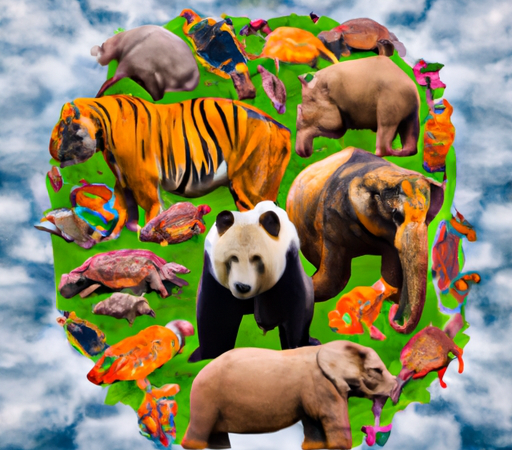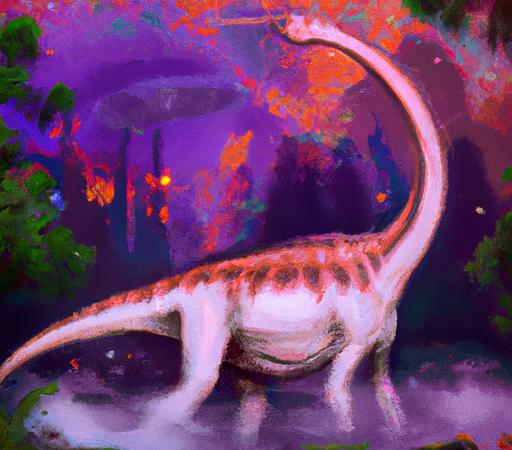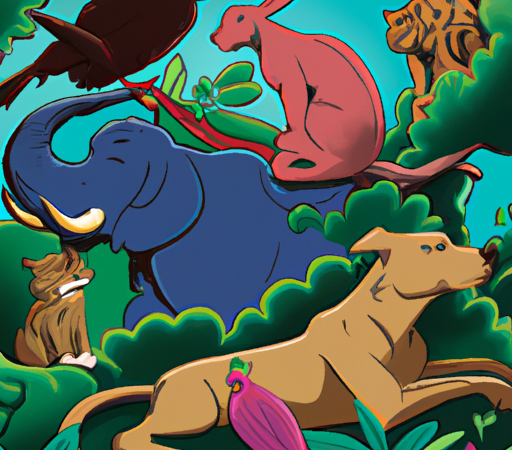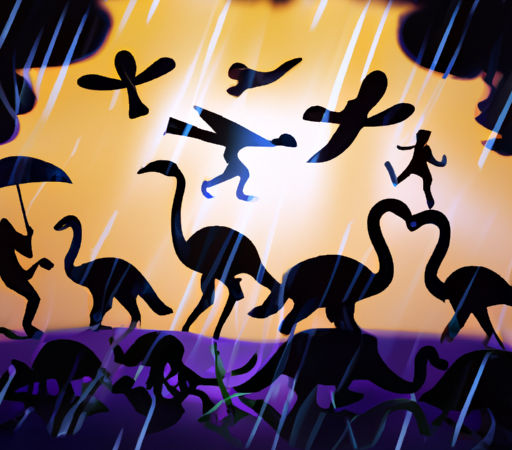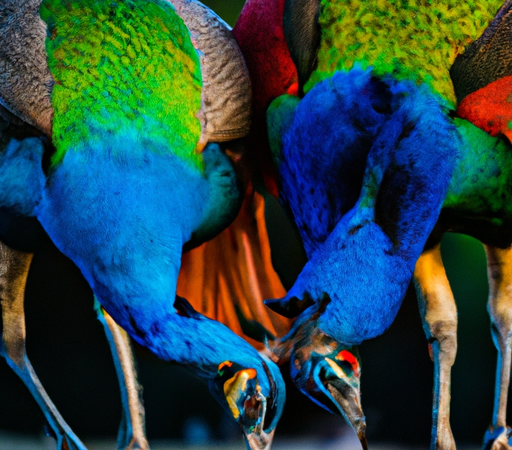Extraordinary Parenting in the Animal Kingdom: Lessons from the Wild
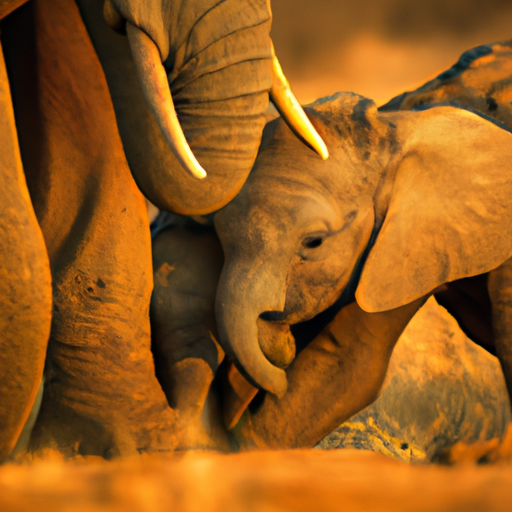
Parenting in the animal kingdom is fascinating and diverse. From fierce protectiveness to bizarre parenting techniques, animals have evolved various strategies to ensure the survival and success of their offspring. Observing these extraordinary parenting methods can provide us with valuable lessons and insights into our own parenting journeys. So, let's dive into the wild and explore some of the most extraordinary parenting practices in the animal kingdom.
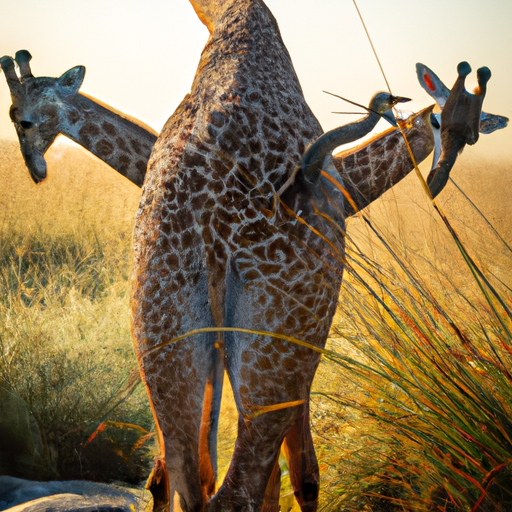
Starting with a heartwarming example, Emperor Penguins showcase remarkable dedication and teamwork in their parenting journey. After mating, the female lays a single egg and transfers it to the male's feet, who then carries it on his feet covered with a special feathered pouch. The male emperor penguin endures the frigid Antarctic winter, huddling together with other fathers, forming a protective shield against the cold winds that can reach temperatures as low as -76°F (-60°C). Meanwhile, the females embark on a long journey to find food for themselves and the soon-to-be-hatched chick. This role reversal, where the father takes on the primary parental responsibilities, demonstrates the importance of shared duties and sacrifice in raising offspring.
In the underwater realm, seahorses exhibit an extraordinary form of parenting. Male seahorses are the ones who bear the burden of pregnancy. After a courtship dance, the female deposits her eggs into the male's specialized brood pouch, and he carries them for several weeks until they hatch. The male seahorse also provides nutrients to the developing embryos, ensuring their successful growth. This exceptional reversal of reproductive roles teaches us about the significance of gender equality and shared responsibilities in nurturing and supporting children.
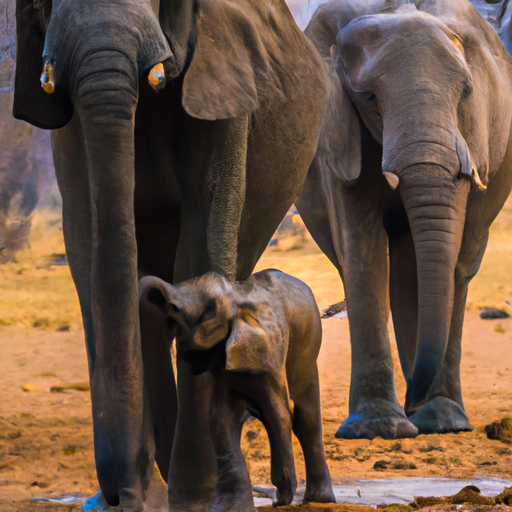
Moving onto a more peculiar example, the Surinam toad displays an unusual form of parenting known as back brooding. Instead of laying eggs in water, the female Surinam toad embeds them onto her back. The eggs then sink into the skin and form pockets where they develop into tadpoles. Eventually, fully formed toadlets emerge from the mother's back. This bizarre method of reproduction highlights the incredible adaptability and resilience of parents to create unique solutions to support and protect their offspring.
In the insect world, we encounter another extraordinary parenting behavior in the form of leaf-cutter ants. These industrious creatures build massive underground colonies and rely on fungus to feed their offspring. The worker ants meticulously cut and gather foliage, carrying it back to the colony where they cultivate the fungus on leaf fragments. This fungus provides vital nutrition for the ant larvae. The leaf-cutter ants demonstrate discipline, organization, and long-term planning, as they tirelessly ensure a sustainable food source for their young. This profound endeavor reminds us of the importance of resourcefulness, planning, and dedication in providing for our own children's needs.
These unique and extraordinary parenting practices in the animal kingdom offer valuable insights to human parents. They highlight the significance of sacrifice, teamwork, shared responsibilities, adaptability, and foresight. While our own parenting journeys may differ vastly from those of animals, these lessons from the wild can inspire and guide us as we strive to provide the best upbringing for our children. As we marvel at nature's wonders, let us embrace the diversity and versatility of parenting styles, always seeking new knowledge and strategies to foster an extraordinary and nurturing environment for our own little ones.

